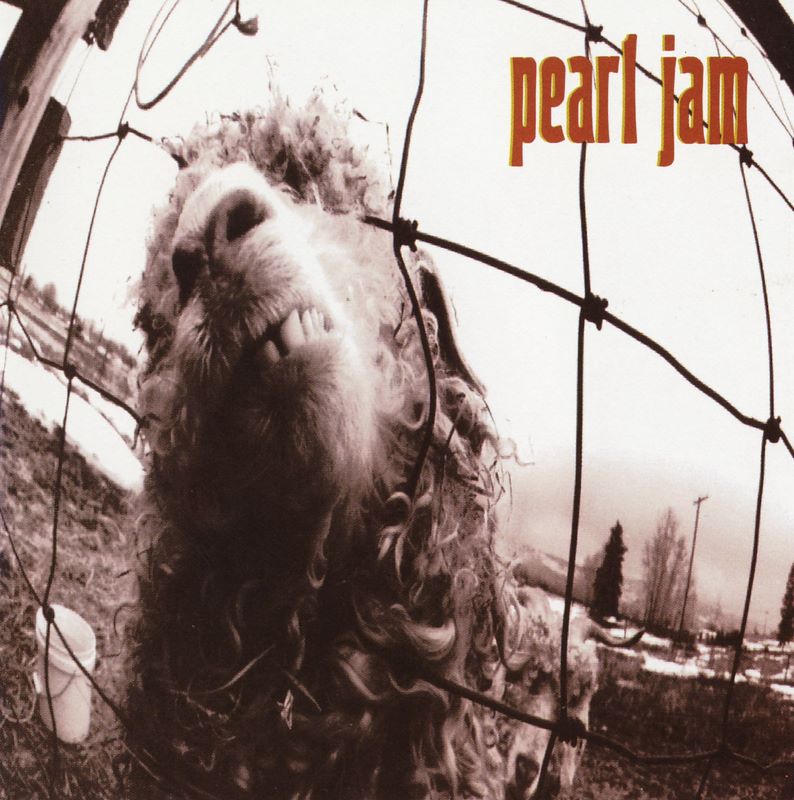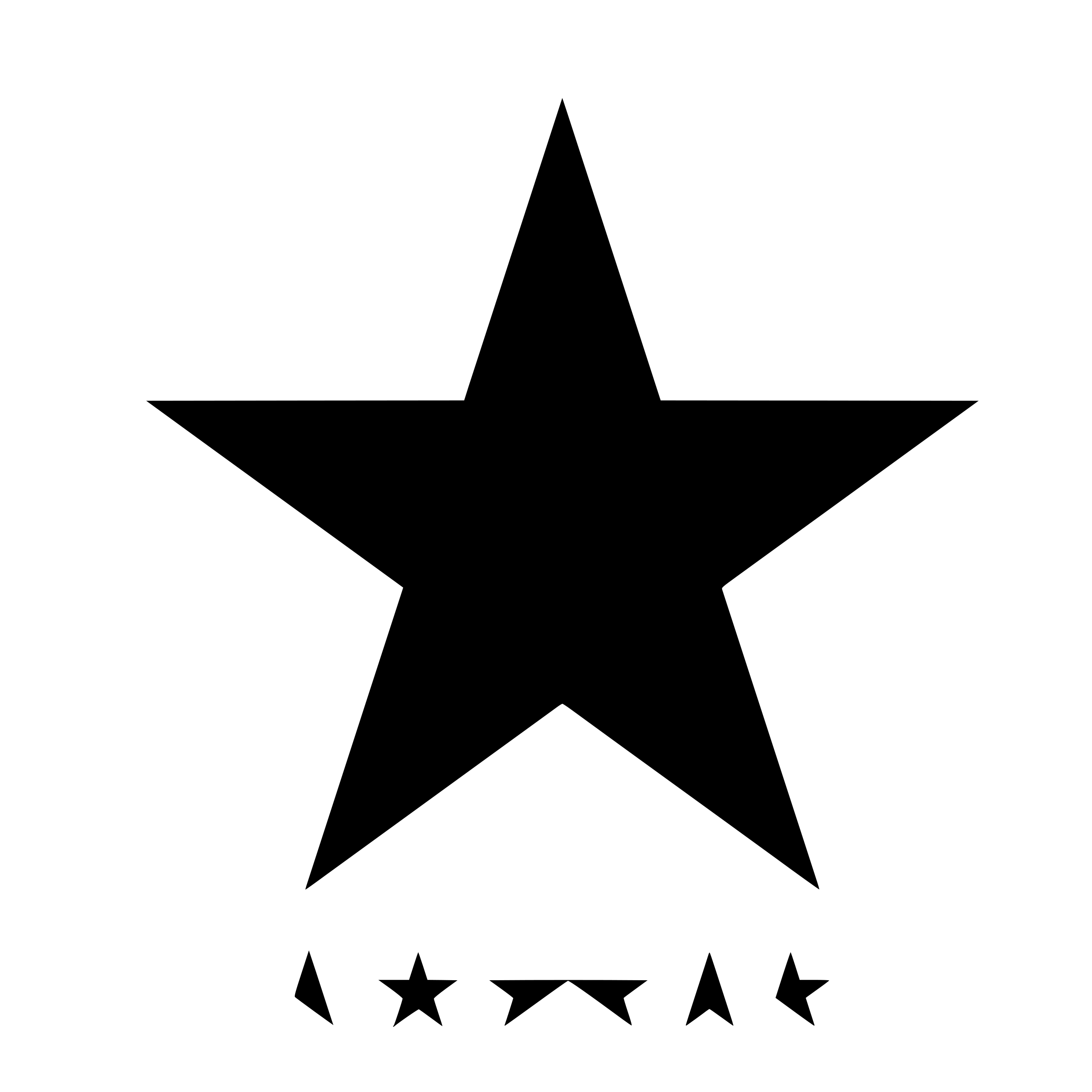In October 1993, Eddie Vedder's contorted face howled from the cover of Time magazine. These were the waning days of the monoculture, but mass culture still existed then, and the cover of Time was as much a window into it as anything. For many thousands of young teenagers, this cover story -- a trend-piece about the rise of alt-rock -- was the exact moment when their parents finally asked them what the deal was with this whole alternative thing. Despite his appearance on the cover, the magazine featured no interview with Vedder. (Supposedly, Epic Records had promised the writer an interview, but Vedder had never called.) That says a lot about this particular cultural moment: Vedder was, in a lot of ways, the single most important person in music, but he didn't much want to be there. And the three words beneath that howling face say just as much: "All the rage." That's a telling pun, roping in both the anger that grown-ups heard in Vedder's theatrical sadness and public conflictedness and the idea that all this stuff was just a fad and the next thing would be coming along soon enough. The magazine also considered Kurt Cobain for the cover, going with Vedder when they learned that Cobain absolutely wouldn't give an interview, and that there'd be no way they'd get Vedder and Cobain to pose together. And at the time, Vedder was just as saddled with that toxic "voice of a generation" tag as Cobain was -- maybe more. And if In Utero, Nirvana's big follow-up album, showed Cobain's attempt to negate and reject the stardom he'd stumbled into, Vs., the Pearl Jam album that followed a month later, represented an honest attempt to step into that stardom and reshape what, exactly, it meant. Vs. isn't a better album than In Utero, but maybe that's just because it set a more difficult task for itself.
It's near-impossible to conceive the level of pressure Pearl Jam must've been under when they made Vs. The fall of 1993 was the big follow-up period, the moment when the world decided whether this whole alt-rock thing was going to stick around or not. And given that Nirvana basically said "fuck all that" and made a great pigfuck album, it was up to Pearl Jam to be the stars of the anti-star movement. In the years since Vs., I can only think of one follow-up album that came with the same level of excitement and expectation, that seemed to represent the convergence of so many cultural forces: Eminem's The Marshall Mathers LP in 2000. Eminem, just as uncomfortable in the spotlight as Vedder (if not Cobain), at least had the advantage of a serious star-making campaign that had been in place for a couple of years. With Ten, Pearl Jam had made a really good classic-rocky debut that got swept up into a wave of unexpected Seattlemania and blew up almost a year after its release. A few of the decisions that Pearl Jam made at the time seemed like conscious attempts to step back from fame: Not making videos anymore, challenging Ticketmaster, trumpeting their pro-choice stance and Neil Young deification. But with a couple of decades of perspective, those seem more like attempts to change the context of that stardom: To become a bit more elusive and ethical, to look out for fans who they thought (rightly) were being ripped off, to put that fame to some good uses.
And on Vs., you can hear that same change-the-world impulse at work. On songs like "Daughter," Vedder sang about child abuse with the same frothy fervor as he did on Ten. But he also had other things that he wanted to address now that he had the world's attention. "Glorified G" and "W.M.A." and maybe even "Dissident" are attempts to take apart the idea of white male privilege, to pull off the honest self-criticism that Pearl Jam's immediate rock-stardom predecessors (like, I don't know, Def Leppard) weren't going to bother with. In the process, they could come off like clumsy, ridiculous college-sophomore types ("Rats," eesh), but they almost certainly succeeded in convincing more than a few young fans to think a little harder about matters of identity. And unlike Nirvana, they managed to do this without pushing the world away.
Vs. was a warm, inviting rock album in all the ways that In Utero wasn't, even though it was still a cathartic piece of work. Ten, for the most part, had better songs, but Vs. had a way better sound: An extremely well-miked and well-mixed five-dudes-in-a-room thing, first-time producer Brendan O'Brien figuring out the exact right combination of chaos and heft. Mike McCready didn't let up on the triumphant squeedly-dee guitar solos; in fact, their might be more of them on Vs. The rhythm section was supple and locked-in, way funkier than most of the stuff that was being called funk-metal at the time. (There's a reason you didn't see a Pork Soda Turns 20 piece on Stereogum a few months ago.) The harder rock songs didn't exactly flow as songs -- they came out of jam-sessions, and they sounded like it -- but they do rock convincingly, attesting to the idea that these guys enjoyed playing with each other. And it's a remarkably well-sequenced album, moving from peak to valley with a confidence that wasn't there on Ten. Vedder reportedly slept in his car while recording just to keep himself from getting too comfortable, which is admirable and sort of adorable, and it seems like it might've actually worked; he seems right on edge throughout the album. And he also projects a ton of empathy; "Elderly Woman Behind The Counter In A Small Town" is great, happy little short-story, in song form, about people who don't often find themselves the subjects of rock songs.
Of course, judging Vs. on its musical merits two decades later is almost like reviewing Dark Side Of The Moon right now. Rightly or wrongly, it's part of the firmament, and no music critic can or should change that. Reviews were almost beside the point even when it was coming out. Some bigger publications shrugged at the album, but that didn't stop it from becoming a high-school parking-lot staple. In its first week, the album sold 950,000 copies, way more than In Utero and more than any other album ever at that point. (Its record stood until Garth Brooks's Double Live, of all things, five years later.) That runaway success obscures but also underscores what Pearl Jam were able to do here: They made a huge-sounding rock album that made ethical sense to them, and they helped create a world where, for a time at least, the term "rock star" meant something new and exciting. They weren't particularly comfortable back then, but now, because they stuck to their guns then, they can keep putting out albums and touring arenas two decades later.
With its 20th anniversary coming tomorrow, how has Vs. held up for you? Did it soundtrack any big memories? Did it stand up to In Utero? How has your perception of it changed? Talk about it in the comments section.






